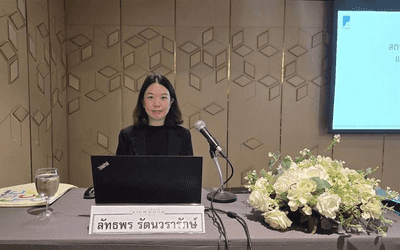Job Search, Job Finding and the Role of Unemployment Insurance History
Abstract
Standard search theory predicts that (1) job search intensity increases with the relative gain from searching, and (2) job search intensity increases the job finding probability. Firstly, this paper presents new empirical findings that are at odds with these predictions when workers are categorised by their unemployment insurance (UI) history. UI recipients and former recipients search harder than those who never take up UI, yet they exhibit lower job-finding probabilities. Subsequently, I incorporate unproductive and inefficient job search, consistent with these empirical findings, into an otherwise standard stochastic equilibrium search-and-matching model with endogenous search intensity. Three key results emerge from these job search imperfections: (1) aggregate search intensity becomes acyclical leading to underestimated matching efficiency; (2) the general equilibrium effects of UI extensions and the labour market fluctuations are dampened; and (3) unemployment and its duration become more persistent.








